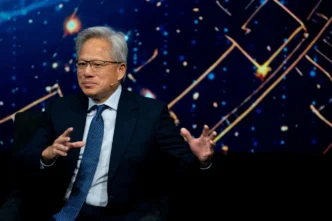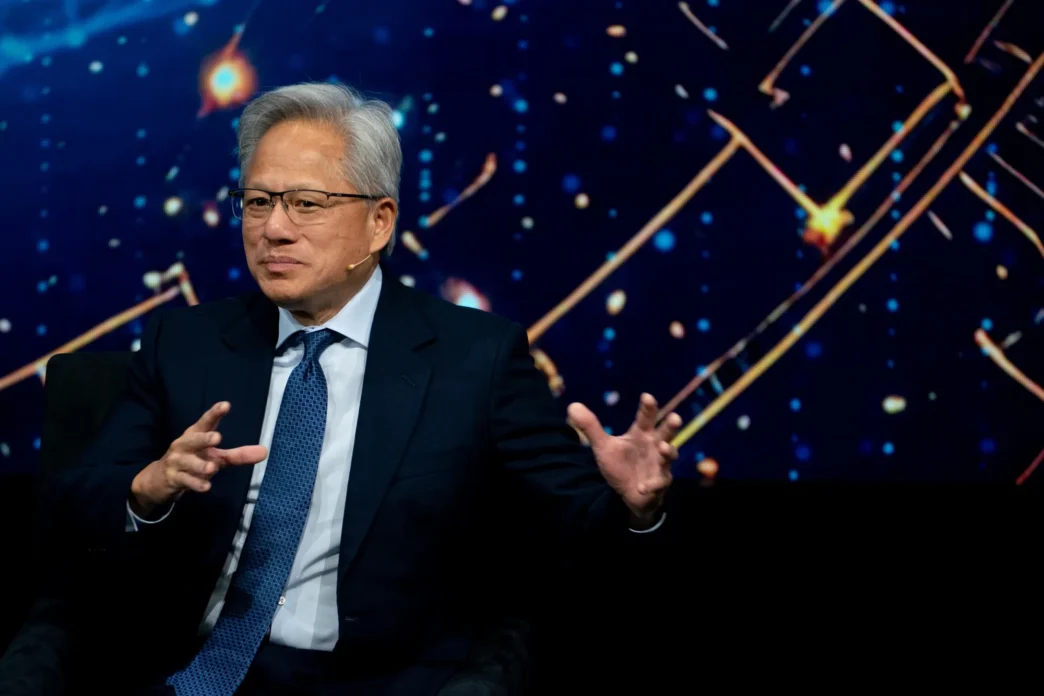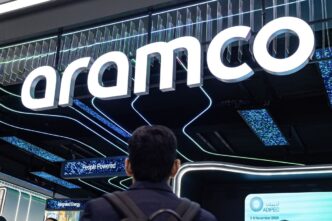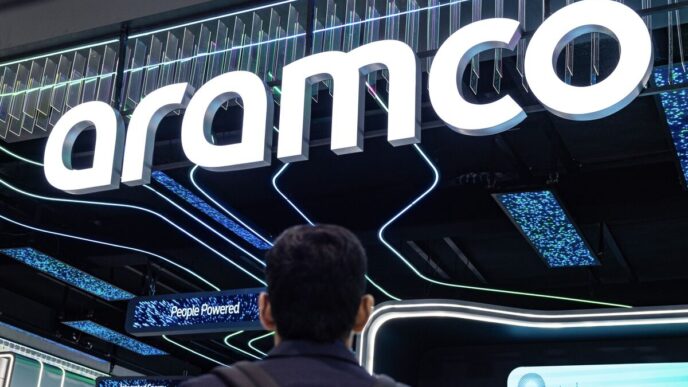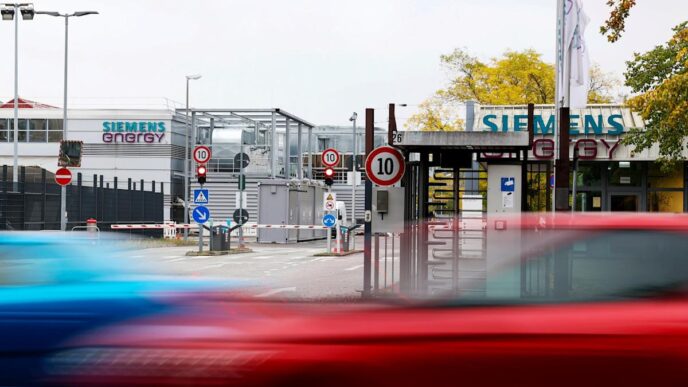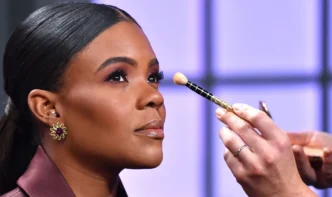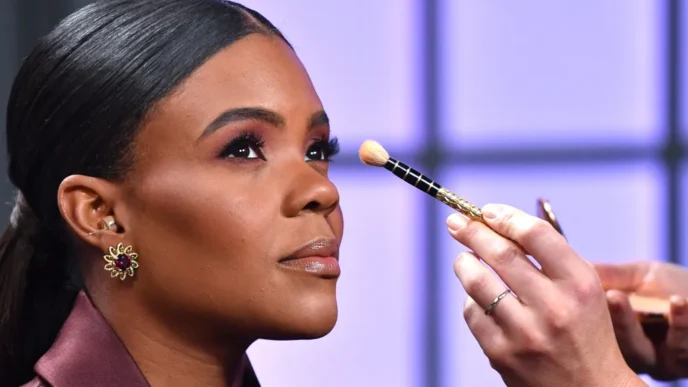In a move that could reshape global technology competition — and ignite one of the most contentious policy battles of the decade — senior figures within Donald Trump’s team have internally floated the idea of allowing Nvidia to sell its powerful H200 AI chips to China.
If approved, the decision would represent a stunning reversal of current U.S. export controls and hand a major commercial victory to Nvidia, now the world’s most valuable company, while injecting new uncertainty into the U.S.–China tech rivalry.
Though only in internal discussion stages, the proposal has already sparked intense debate among national security advisors, industry leaders, and geopolitical analysts.
The Potential Policy Shift
Trump’s team is reportedly analyzing the feasibility of partially rolling back restrictions on the export of top-tier AI accelerators to China, specifically the Nvidia H200, the successor to the H100 and one of the most advanced chips on earth.
The H200 is a critical component for:
- massive-scale AI model training
- supercomputing
- autonomous systems
- next-generation cloud infrastructure
Allowing these chips into China’s market would dramatically expand Beijing’s access to cutting-edge AI power — something the Biden administration worked aggressively to restrict.
For Nvidia, however, such a policy change would unlock a massive commercial windfall, reopening a market worth billions annually.
Why the Idea Is Emerging Now
Several forces appear to be pushing Trump’s team to explore the controversial move:
1. Nvidia’s lobbying power and economic importance
As the world’s most valuable company, Nvidia has an outsized impact on U.S. markets. Allowing H200 sales to China could:
- boost U.S. corporate earnings
- strengthen stock markets
- ease tensions with major American tech firms
Wall Street would likely welcome the decision with enthusiasm.
2. Trump’s transactional economic strategy
Historically, Trump has shown a preference for economic leverage over ideological restrictions. Export controls, tariffs, and trade moves are often used as bargaining tools — not fixed positions.
Loosening restrictions could be framed as part of a broader trade negotiation or pressure tactic, not an ideological concession.
3. Recognition of China’s growing domestic chip capabilities
Beijing is rapidly advancing its own AI chip industry. Some advisors may argue that export controls:
- slow China but do not stop it
- hurt U.S. companies more than China
- incentivize China to accelerate self-sufficiency
Allowing controlled sales could maintain U.S. leverage and visibility into China’s tech ecosystem.
Why the Proposal Is So Controversial
The idea is provoking intense disagreement even within Trump’s own circles.
1. National security concerns
The H200 is not an ordinary chip — it is a strategic asset.
Providing China with advanced accelerators could enhance:
- military AI development
- cyber operations
- surveillance systems
- hypersonic weapons research
- state-led supercomputing projects
Hawks see the move as a direct threat to U.S. national interests.
2. Bipartisan opposition is likely
Even critics of current export policy may resist such a dramatic reversal.
Democrats and Republicans alike have warned of:
- empowering China’s military-industrial complex
- undermining U.S. leadership in AI
- weakening global technological containment strategies
Congressional backlash would be swift.
3. Potential backlash from U.S. allies
Japan, the Netherlands, South Korea, and Taiwan — all essential to the global chip supply chain — aligned with Washington’s export restrictions. A sudden shift could fracture this carefully built coalition.
Why Nvidia Stands to Gain the Most
For Nvidia, the stakes could not be higher.
China accounts for up to one-fourth of global demand for high-end AI chips. Restrictions on H100 and H200 sales significantly constrained Nvidia’s ability to capitalize on one of the world’s fastest-growing AI markets.
A Trump administration reversal would:
- restore access to billions in annual revenue
- solidify Nvidia’s dominance in Asia
- boost margin expansion
- strengthen its long-term market position against AMD and Huawei
- satisfy shareholder pressure for renewed growth trajectories
It would be a monumental win for a company that has become the backbone of global AI infrastructure.
The Geopolitical Ripple Effect
Approving H200 sales to China would fundamentally reshape the strategic chessboard.
China’s perspective
Beijing would see the move as a diplomatic victory and a validation of its economic importance. It could reduce China’s urgency to develop indigenous AI accelerators, though not reverse it.
Russia’s perspective
Moscow would interpret any U.S.–China tech thaw as a shift in Washington’s geopolitical posture, potentially influencing its approach to Ukraine negotiations.
Europe’s perspective
European leaders, concerned about AI dependencies and China’s market power, would likely press for clarity — and possibly reevaluate their own industrial strategies.
Is This Realistic Policy — or Internal Brainstorming?
Sources indicate the idea remains exploratory, not finalized policy. Trump himself has not committed, and several advisers reportedly oppose the proposal.
However, the fact that such a major reversal is even on the table reflects:
- a changing global strategic environment
- Trump’s unpredictable and transactional decision-making style
- a growing debate over whether current export controls are sustainable
- Nvidia’s unprecedented influence in Washington
If the plan were ever implemented, it would be one of the most consequential semiconductor policy shifts in U.S. history.
Conclusion: A High-Stakes Bet With Global Consequences
The internal discussions surrounding Nvidia H200 sales to China highlight the tension between two competing American priorities:
- Protect national security by restricting China’s access to advanced technology
- Support American industry and economic strength by allowing exports to the world’s biggest growth market
The Trump team’s deliberations suggest that future U.S. tech strategy may not follow the rigid lines drawn under current policy.
If the proposal moves forward, it will ignite a fierce international debate — and could redefine the balance of power in the global AI race.
For Nvidia, it would be the commercial victory of the decade.
For the United States, it could become one of the most consequential geopolitical gambles of the 21st century.

